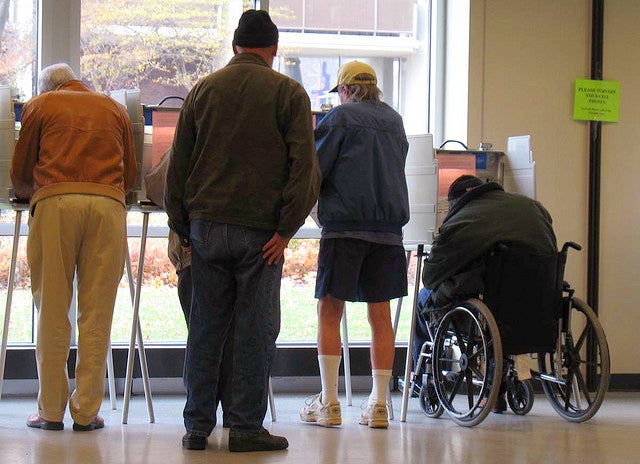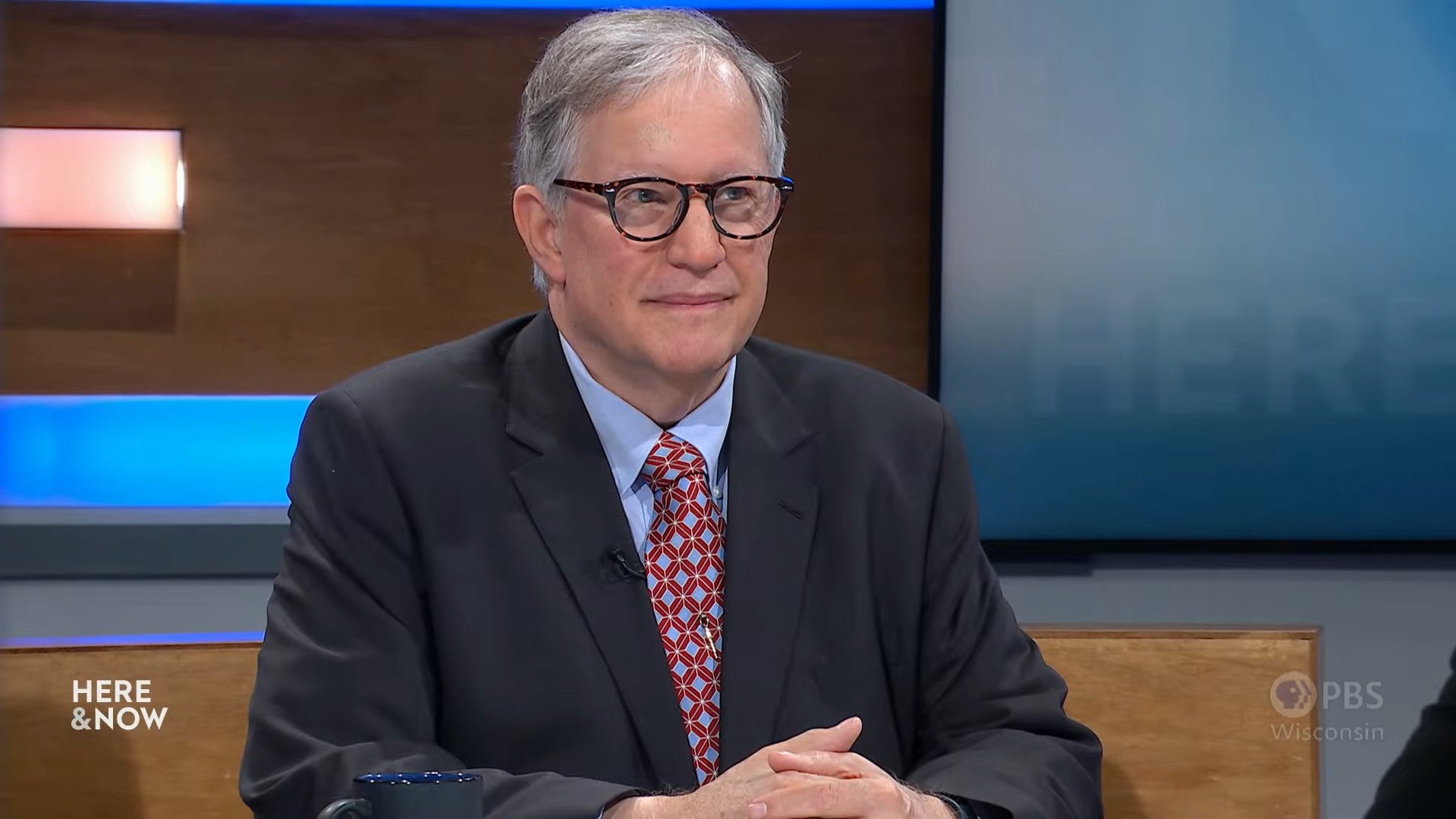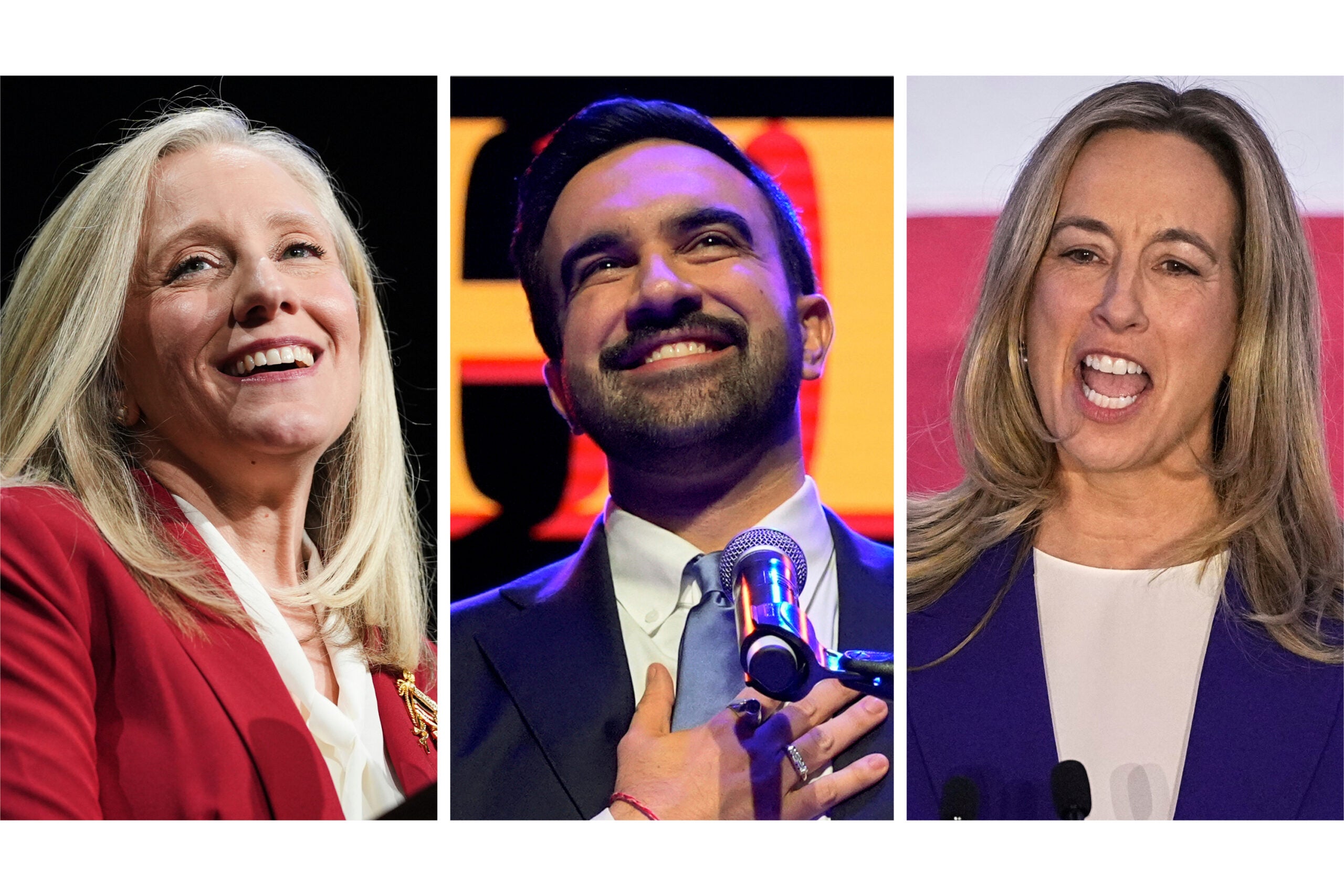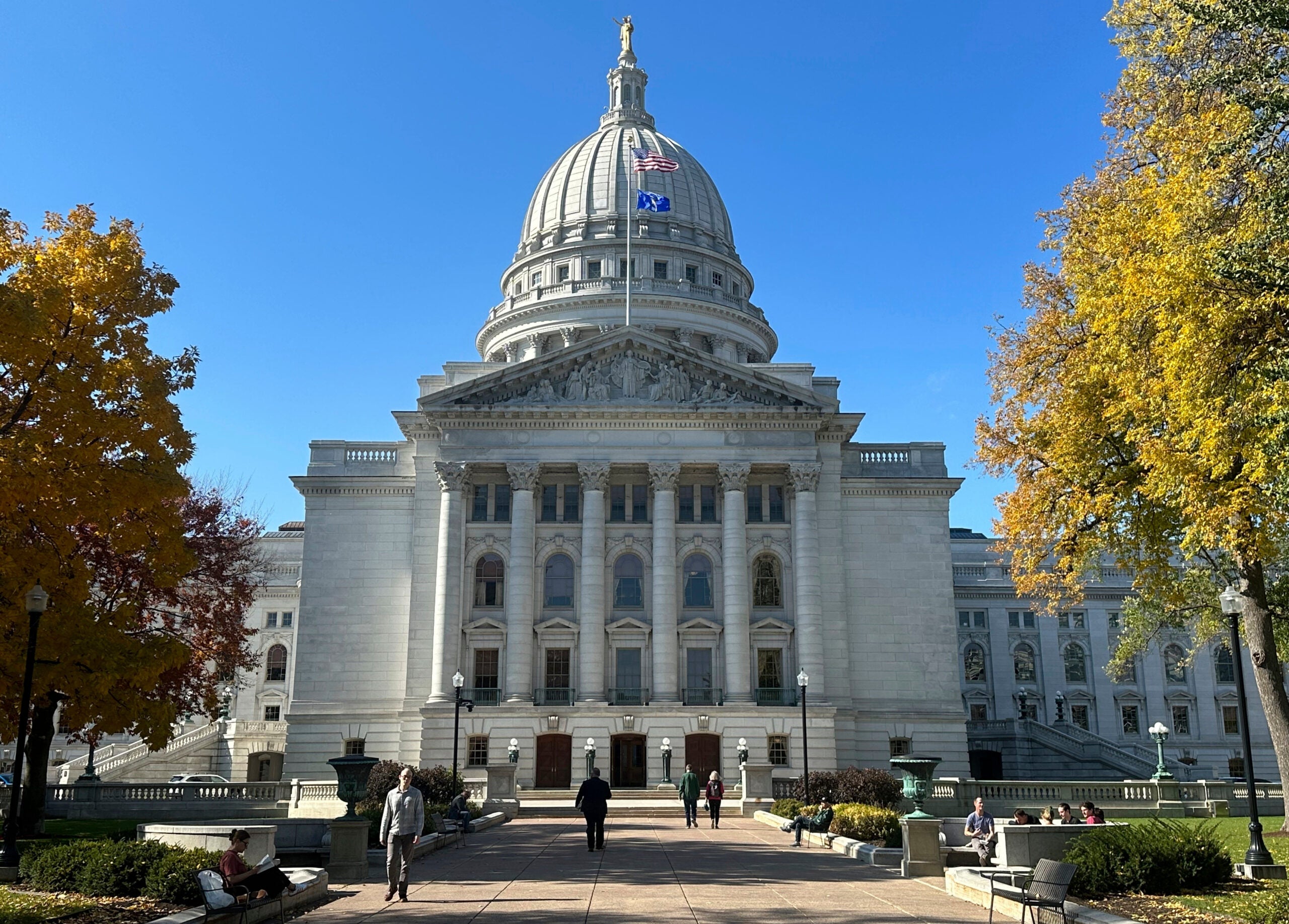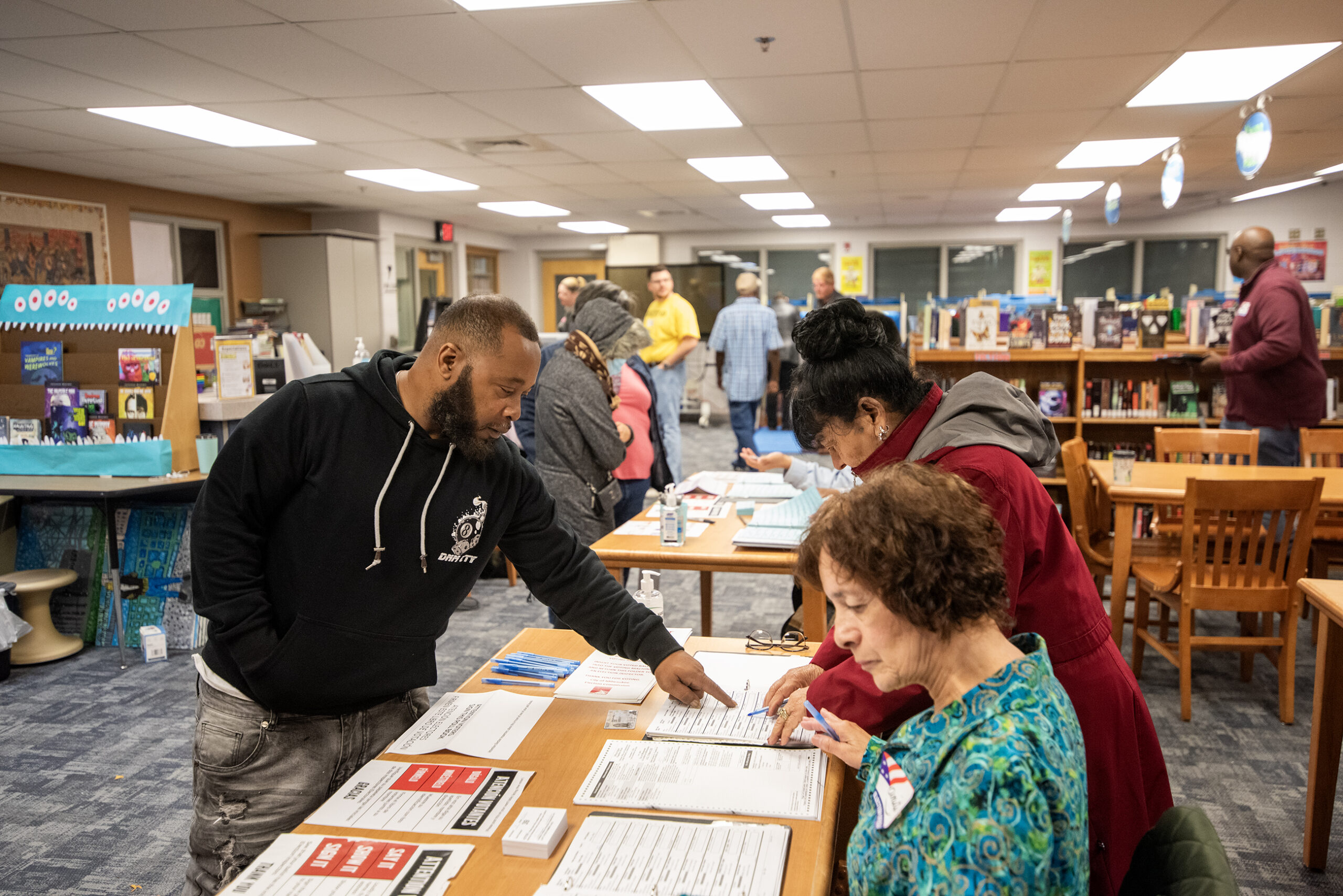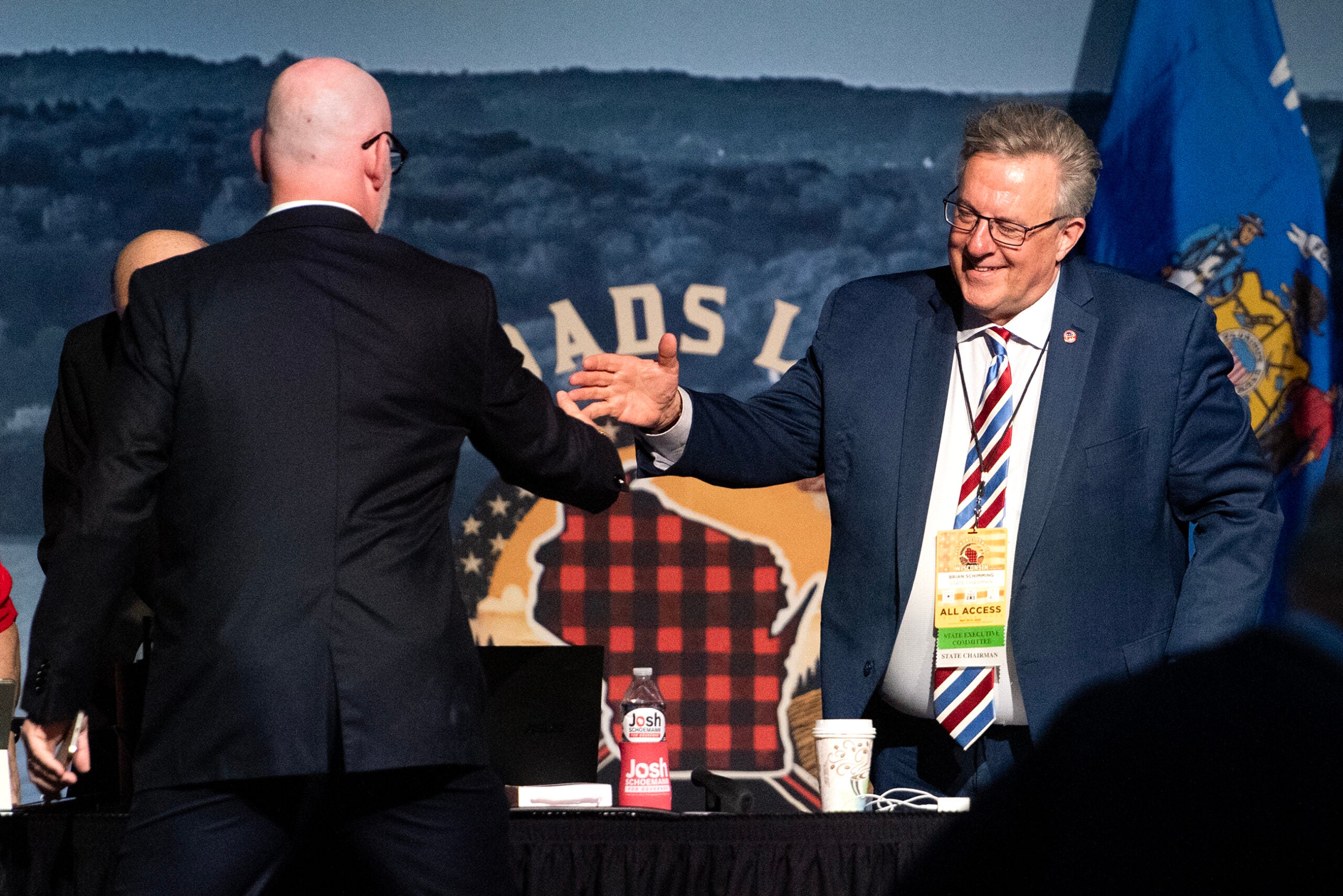All year long, Gov. Scott Walker and his Democratic challenger Mary Burke have said that the outcome of the gubernatorial race will come down to voter turnout. In a midterm election in a divided state like Wisconsin, there are reasons to believe they might be right.
When President Barack Obama makes a rare midterm campaign stop at North Division High School in Milwaukee, or when Gov. Scott Walker makes stop after stop at factories in Eau Claire, they’re there, of course, to talk about why their ideas are good and why the opposing party’s ideas are bad. But especially with Election Day fast approaching, they’re mostly thinking about turnout: how to get people who support them to actually follow through and vote.
That question has been most perplexing to Wisconsin Democrats, who have won the last seven presidential elections but just two of seven midterm gubernatorial races. Shawn Pfaff was the deputy campaign manager for Jim Doyle in 2006, the last time Democrats won the governorship. He’s now a lobbyist and the mayor of Fitchburg. Pfaff said that what it boils down to is people who normally vote in presidential races stay home during midterms.
News with a little more humanity
WPR’s “Wisconsin Today” newsletter keeps you connected to the state you love without feeling overwhelmed. No paywall. No agenda. No corporate filter.
“Those folks that are less inclined to turn out tend to be single people — especially women, voters under the age of 35, minorities,” Pfaff said. “And those tend to be Democratic base voters.”
Few observers are predicting that turnout next week will hit presidential levels. The more salient question, according to Marquette University’s Charles Franklin, is what kind of midterm this one will be.
“Is this race more like the previous two midterms, or did the recall represent an extra degree of engagement over Gov. Walker that may carry over into this fall?” said Franklin.
In the last two typical midterms, 2.1 million people voted. Franklin and the state’s election agency think turnout this year will be closer to the recall, when 2.5 million people voted.
Walker has won in both scenarios, but even Republicans concede that the recall was a different race.

Milwaukee residents line up to vote in the 2012 recall election. Observers expect similar turnout on Nov. 4. Photo: Tim Femal (CC-BY).

Scott Walker supporters celebrating victory on Election Day in 2010 — a midterm contest that Walker won handily. Photo: Brian Bull (CC-BY-NC).
“I think you have to discount some of the voters in 2012 in the recall, because I think most people will agree and tell you that there were folks who didn’t necessarily support Scott Walker but voted for him in the recall because they disliked the recall process,” said lobbyist Brandon Scholz, who has been involved in GOP politics since 1974.
Recall or not, Scholz said Walker can win a higher-turnout race using the traditional Republican route — huge turnout in Waukesha, Washington and Ozaukee counties, and solid numbers in counties north of there, up into the Fox Valley.
On the Democratic side, Pfaff said Burke needs to win big in Milwaukee County and the Madison media market, and then win a large portion of western Wisconsin, too.
In terms of how the candidates can encourage that kind of turnout, both Scholz and Pfaff are believers in the kind of nonstop bus tours Walker and Burke are taking right now. Pfaff said they energize campaigns.
“It’s important that they get to key targeted areas, and I think you’ll see Mary Burke work those areas of the major media markets, trying to convince her voters,” said Pfaff. “She maybe will stop on some college campuses, to get them excited as well.”
There is also ground to be gained in western Wisconsin for Mary Burke. In 2006, Jim Doyle won in precincts up and down the Mississippi River. Walker flipped many of those counties in 2010 and won even bigger in 2012.
But perhaps nowhere is there a better chance for Democrats to gain votes than in Milwaukee. Scholz said that’s why President Obama visisted there earlier this week.
“If they were assured that they had their numbers in Milwaukee, you probably didn’t need to bring in a high-risk visit by the president,” Scholz said. “And considering the places that he’s not going, (and) all of a sudden he shows up in Wisconsin — I’ll tell you, that turned some heads. But when you run a campaign, you have to make that call. You have to say, ‘Look, I need a bigger contribution to our base turnout. Well, what can get me that?’”
The president’s visit came after the last Marquette University Law School poll had already been completed. It showed Walker with a seven-point lead among people who say they’re absolutely certain to vote, but up just one among registered voters. If the first number is right, Walker coasts. But if Burke can persuade those registered voters to actually vote, it could be a long night next Tuesday.
Wisconsin Public Radio, © Copyright 2026, Board of Regents of the University of Wisconsin System and Wisconsin Educational Communications Board.
